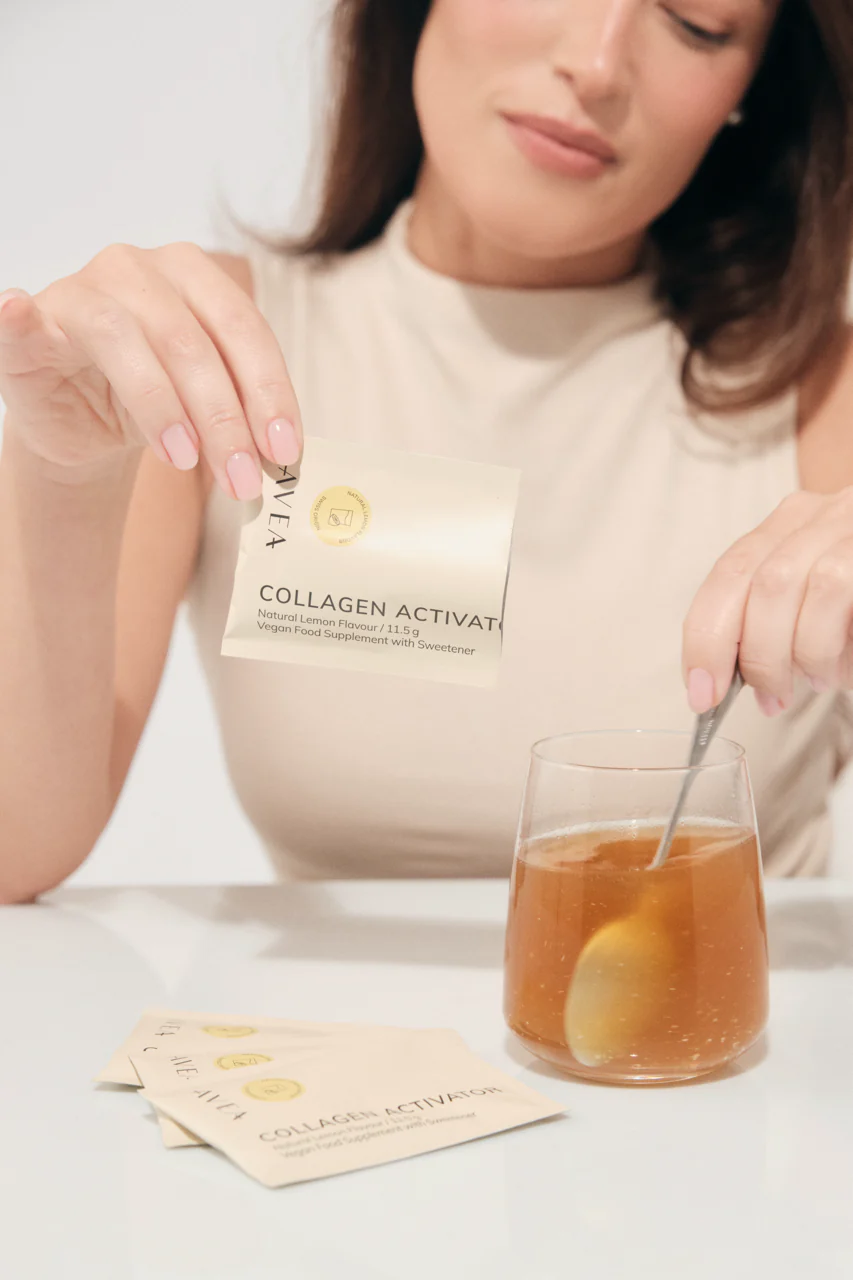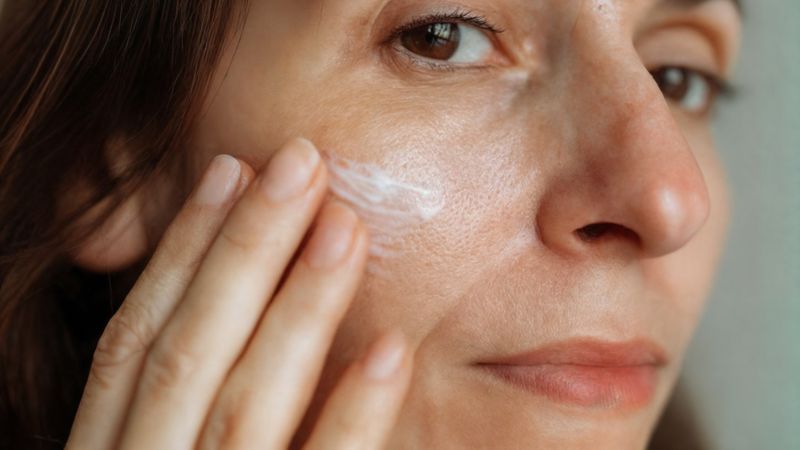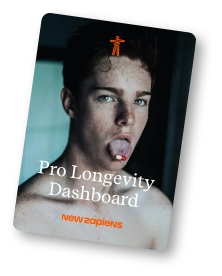Top 5 Vegan Collagen Supplements

We all want that youthful glow, right? And for ages, collagen has been the go-to for keeping skin plump, hair strong, and joints happy. But here's the thing: traditional collagen comes from animals. So, what's a vegan (or even just an ethically-minded individual) to do? Well, the good news is that the world of supplements is catching up, and vegan collagen boosters are becoming seriously popular. They offer a way to support your body's own collagen production without any animal involvement.
What Is Vegan Collagen?
Technically, "vegan collagen" isn't a direct equivalent to the collagen you'd find in a cow. Because, fact is, collagen is a structural protein that's exclusive to the animal kingdom. So, you won't find actual collagen in a plant.
Instead, these vegan supplements are cleverly designed to give your body the raw materials it needs to do its own collagen-making magic. Think of it like providing the right bricks and mortar for your body's internal construction crew. These boosters typically deliver a potent mix of key amino acids, essential vitamins, and a bunch of other plant-based nutrients that act like catalysts for your natural collagen production.
Why Vegan Collagen Supplements Are Special
It's not just about skipping the animal stuff, though that's a huge plus for many. Vegan collagen supplements represent a broader move towards health that’s more holistic, more ethical, and, let's be honest, better for the planet. Ethical sourcing is a key advantage – no animal by-products are involved, aligning perfectly with plant-based and cruelty-free lifestyles. And environmentally speaking? Plant-based generally means a lighter footprint, which is always a win.
These supplements often do more than just target your skin. Many are formulated to support your whole body – think happy joints, strong nails, luscious hair, and even cellular health in the long run. Plus, they often dodge common allergens like dairy, soy, and gluten, making them a solid option for a wider range of people. So, instead of just handing your body collagen, they're actually empowering it to repair and regenerate itself.
How Do Vegan Collagen Supplements Work?
Alright, let's dive a little deeper. As we mentioned, there's no actual plant-based collagen in these supplements. Instead, they're power-packed with plant-derived goodies that your body can use to build its own.
Key amino acids like glycine, proline, and hydroxyproline are like the fundamental Lego bricks for collagen. Then you've got Vitamin C, which is absolutely crucial – it actually activates the enzymes that kickstart collagen synthesis and helps keep the whole structure stable. Silica jumps in to help strengthen connective tissue and boost skin elasticity. Furthermore, antioxidants from sources like berries, grape seed, or algae play a crucial role in protecting your existing collagen from damage caused by those pesky free radicals. It's a whole synergistic team working to keep you looking and feeling good, ethically and sustainably.
Is Vegan Collagen Effective?
The answer, surprisingly, seems to be a solid yes. We're seeing clinical studies and loads of user experiences reporting real, visible improvements in skin texture, firmness, and even nail strength after just a few weeks. Some of the more advanced plant-based blends have even shown some impressive collagen activation in lab settings – sometimes even better than traditional collagen peptides!
Now, like with any supplement, the quality of the ingredients definitely matters, and consistency is key. The formulas that seem to work best usually combine those essential amino acids, a good dose of antioxidants, and other supportive nutrients that help your body rebuild collagen from the inside out.
Benefits of Vegan Collagen Supplements
Skin Health
One of the most frequently cited benefits of vegan collagen is its positive impact on skin health. Users of vegan collagen supplements report healthier-looking skin, reduced fine lines, and improved hydration. The ingredients in these supplements may enhance skin elasticity and density, contributing to a more youthful appearance.
Joint and Muscle Support
Vegan collagen is also associated with joint health, particularly in reducing discomfort and promoting recovery from physical activities. Studies have indicated that collagen supplements can aid in muscle recovery, support joint repair, and reduce pain and stiffness associated with conditions like rheumatoid arthritis. Vegan collagen-boosting products claim to enhance these effects by providing the necessary nutrients for collagen synthesis, including amino acids and vitamins.
Cardiovascular Benefits
There is emerging interest in the cardiovascular benefits of collagen, with claims that vegan collagen supplements can help strengthen the cardiovascular system. While concrete scientific evidence is still developing, some studies suggest that collagen may improve vascular health and support overall heart function.
Nutritional Support
For those on a vegan diet, it can be challenging to obtain adequate collagen-forming nutrients such as amino acids, vitamin C, zinc, and copper. Vegan collagen supplements can provide these essential nutrients, helping individuals meet their dietary needs and potentially enhance their overall health.
Top 5 Vegan Collagen Supplements
With a variety of vegan collagen supplements on the market, we've evaluated and ranked the top five options based on scientific backing, effectiveness, and user reviews:
1. Avea Collagen Activator
How It Works
Avea’s Collagen Activator stands out with its scientifically designed Colgevity™ blend. This unique formulation includes crucial amino acids (glycine, L-proline, L-hydroxyproline), potent antioxidants like Astaxanthin and Acerola Cherry Extract, and the innovative compound Calcium Alpha-Ketoglutarate (Ca-AKG).
What Makes Avea Collagen Activator Stand Out
Developed through rigorous research at ETH Zurich, Avea specifically targets the body's collagen production pathways at the cellular level. Its scientifically robust approach significantly enhances your body's natural collagen synthesis, resulting in noticeable improvements in skin elasticity, hydration, and joint health.
Why It’s More Effective Than Traditional Collagen Powders
Clinical evidence demonstrates that Avea’s Collagen Activator boosts collagen production up to four times more effectively than traditional collagen supplements. Its exceptional effectiveness arises from its scientifically optimized formulation, the inclusion of longevity-supportive Ca-AKG, and high bioavailability of nutrients.
Avea is an ideal choice if you're seeking a scientifically proven, innovative, and vegan-friendly approach to maintaining youthful skin and overall wellness.
2. Feel Pro Collagen
Feel Pro Collagen features VeCollal®, an advanced vegan collagen booster known for its extremely high bioavailability. This means your body easily absorbs and utilizes its collagen-stimulating nutrients. The formula is designed for optimal results, promoting visibly improved skin hydration and firmness with regular use.
3. Future Kind Collagen Booster
Future Kind offers a well-formulated amino acid blend popular in the USA. Known for convenience and consistent results, it combines ingredients such as biotin, silica, grape seed extract, and amla berry to support your natural collagen synthesis effectively. Ideal for those looking for a reliable daily supplement.
4. Beloma Pro Collagen
Beloma Pro Collagen combines effective ingredients in an aesthetically pleasing format. Its solid vegan collagen formula includes vital nutrients and plant-based extracts designed to enhance natural collagen production, benefiting both skin health and overall appearance.
5. Yes Vegan Collagen
Yes Vegan Collagen is an accessible, budget-friendly option for those new to vegan collagen supplements. While its formulation is less scientifically robust compared to other brands, it still provides basic collagen-building nutrients beneficial for maintaining healthy skin and joints.
Conclusion
While every vegan collagen supplement on this list offers something valuable, Avea Collagen Activator definitely stands out in our book due to its science-backed and genuinely innovative formula. Their unique Colgevity™ blend, developed at ETH Zurich, seems to offer superior effectiveness by directly enhancing your body's own collagen-making abilities. So, for those who are really serious about achieving that vibrant skin, those happy joints, and overall wellness through a sustainable and ethical approach, Avea Collagen Activator looks like the clear frontrunner.
References
Author: Volker Blasek
Volker Blasek is a technical editor with a background in horticulture, fueled by a volunteer year on an organic farm. His passion for nature and conservation, paired with his expertise in psychology and science, shapes his engaging and thoroughly researched content. As a medical editor, he has authored over 3,000 articles on topics such as nutrition, diseases, symptoms, naturalopathy, and home remedies, delivering insightful and accessible reporting for a wide range of audiences.





